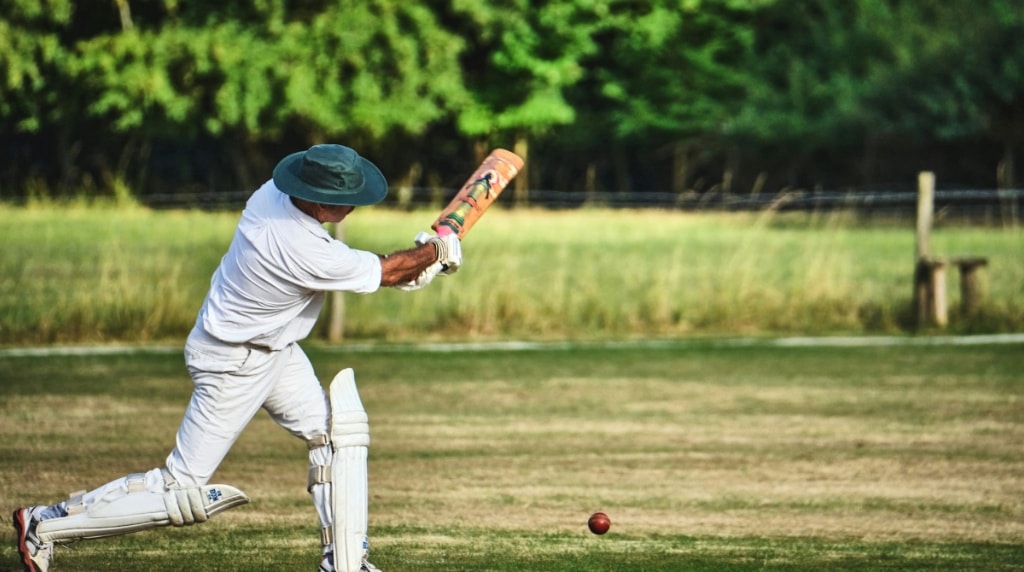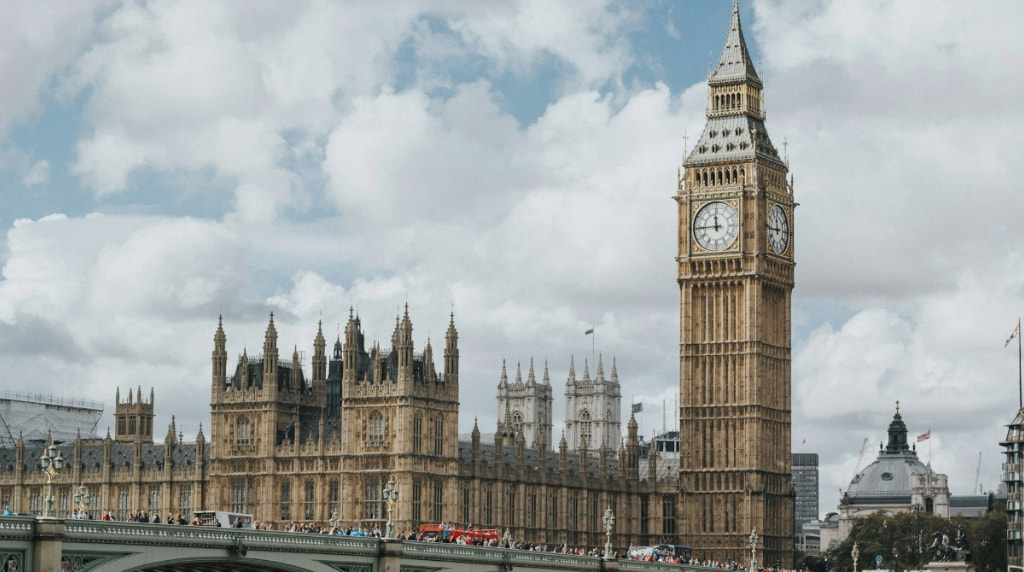Conajzar Continues Work on Slot Machine Law
In Paraguay, gaming regulator Conajzar is trying to address an ongoing project regarding slot machine regulation. The law on slot machines, Law No. 6,903, was established in April 2022. However, it has not been fully incorporated into Conajzar’s process yet. Several voices within the industry have spoken up to try to remedy this gap and get the law into effect as soon as possible.

Part of the aim of Paraguay’s slot machine law improvement is to keep machines out of sight of children and adolescents, by removing them from the vicinity of schools.
©Element5 Digital/Unsplash
Municipalities are eager for slots law to be enforced
One group that has been vocal about wanting the slot machine regulation law to go into effect is Paraguay’s Commission for Industry, Commerce, Tourism and Cooperativism. The commission recently spoke about Law No. 6,903 publicly, asking Conajzar (a.k.a. Paraguay’s National Gaming Commission) to get the rules established.
It is a bit unclear why the regulation process has taken so long, given that the law was voted into effect more than a year ago. It could be due to usual delays in the lawmaking process, or simply because Conajzar has other priorities.
Not long ago, the organization also came under fire for an alleged embezzlement scandal concerning the operator of Quiniela, TDP. TDP is accused of hiding away funds that should have become tax contributions. Conajzar was criticized for its choice of TDP as an operator.
Regardless, industry leaders and those working in the slot machine vertical are calling for Conajzar to step up to make the changes that were promised with April 2022’s new law. The main issue now is that operators of slot machines are working in a gray area, unsure of what next steps to take until the law is finally put into effect.
Conajzar has at least confirmed that it is working on rectifying the matter. The updated law mainly deals with the matter of protecting minors from the influence of slot machine gaming. Conajzar said that it plans to work on a framework that includes all of the up-to-date laws around slot gaming, so that operators will have a clearer picture of parameters going forward.
These laws will also take into account municipal rules, which might deviate slightly from the overall laws on slot machine placement. These usually concern where a slot machine can be placed, in relation to educational, religious and community facilities where minors are likely to be present.
Conajzar also made it clear that once the framework is established and distributed, slot machine operators will be liable for making sure they abide by them; this will be strictly enforced by the law. In other words, operators have had more than a year to prepare, in some sense, for the changes. However, more time will likely be needed once it is determined what the exact changes are for each municipality.
Regardless, the regulatory body for games has been clear that it supports the new law and its aim of protecting children and teens. This is also supported by Paraguay’s Executive Branch. Municipal governments are also in support of the change and have already been trying to adapt to anticipating improvements in the law.
One example is found in Ayolas, where municipal councilor Luis Vera drafted an ordinance with changes in the regulation of slot machine placement and operation. Vera confirmed that their ordinance would put slot machines out of sight of children and adolescents, regardless of the rules ultimately shared by Conajzar.



